New phrase
Wednesday, 14 May 2014
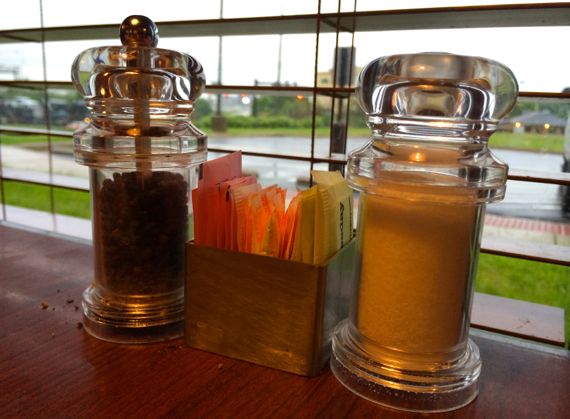
“Tire alligators,” the driver commented, noting the curled tread strips littering the highway.
Wednesday, 14 May 2014

“Tire alligators,” the driver commented, noting the curled tread strips littering the highway.
Monday, 5 May 2014
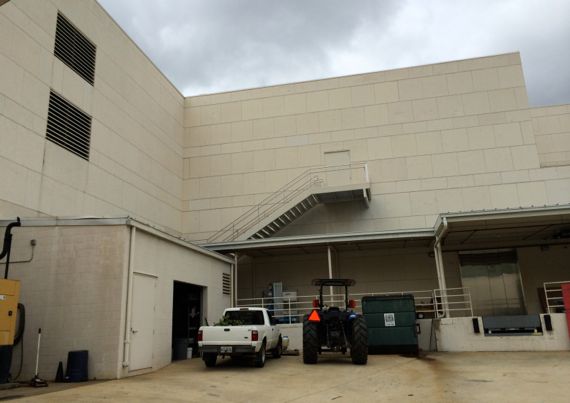
I’m so very glad I’m beyond (or maybe I’m deceiving myself) those story questions test-givers like. The “is-tos” were opaque to me—often totally opaque.
As in: the loading dock is to a major building as the…is to the….
See, I’m so bad at them, I can’t even make one up!
Thursday, 24 April 2014
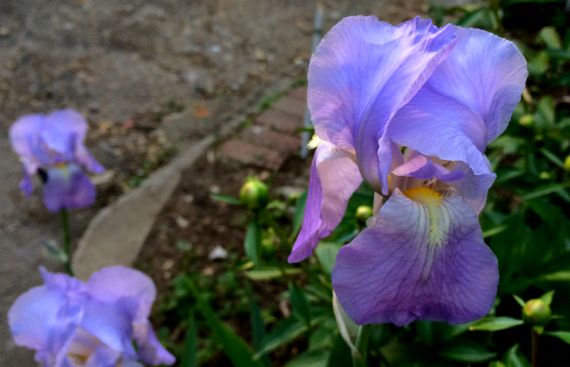
I should have taken a photo about 15 minutes earlier, when the late-sun was back-lighting the petals. Still, it’s a fine and lovely iris.
Friday, 28 February 2014
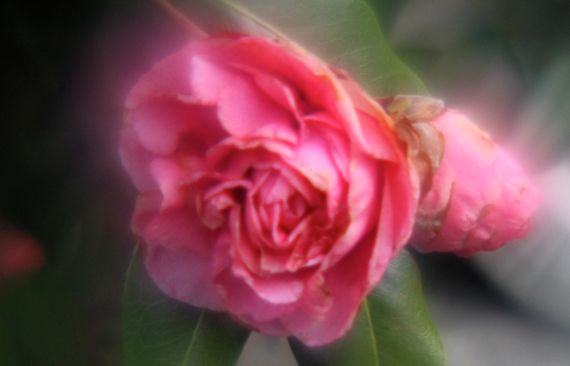
Tried to get a shot of a quince bloom, since I thought they were all fried by the weather (but they aren’t!), but had to resort to the larger camellia for a usable shot. I guess I need more practice with the new Guru lens macro doo-hickies.
I’m always interested in where words come from. Some have stories that reduce me to giggles (at least inside). For example, reading in Nadeau and Barlow’s The Story of French (2006, pg. 102; French words are italicized), I read:
Gofer (gopher) is a deformation of gauffre (waffle), which described the waffle-like holes that prairie dogs dug.
I think both gopher and prairie dogs elevate the rodents’ profiles…and sound more upscale than some rodent names like rat and nutria—but definitely not others like mouse and chipmunk (the latter perhaps a corruption of an Ojibwe/Chippewa/Anishinaabemowin word).
Thursday, 9 January 2014
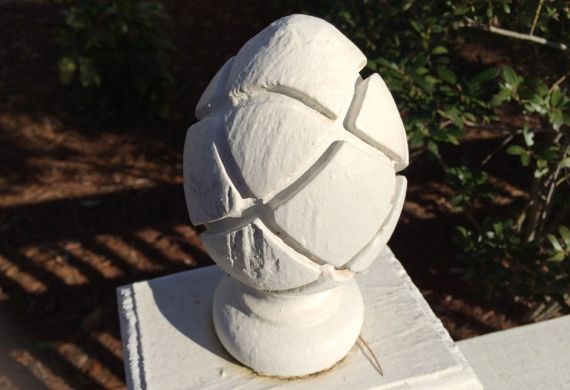
Of all things. My dictionary indicates that finial and finish are both derived from Latin finis, meaning end.
Makes sense!
To me this form evokes a stylized pineapple (kinda). And the splinters suggest it may be made of pine (wood).
These…conjunctions, they do stack up!
Thursday, 12 December 2013
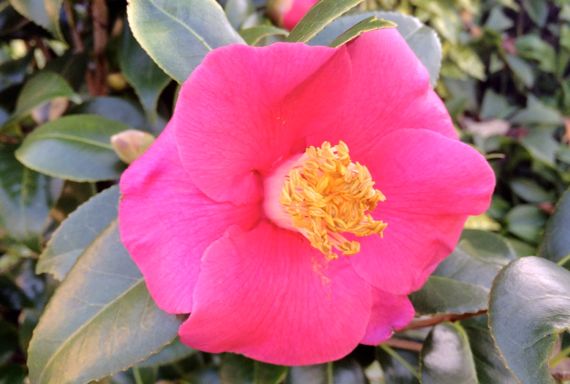
In this area, I have learned that this bloom is a winter-indicator.
I first wrote that the camellia was a harbinger of winter, but it isn’t quite—it’s not a forerunner, it’s a marker. Etymologically, harbinger is related to harbor—of all things.
Wednesday, 16 October 2013
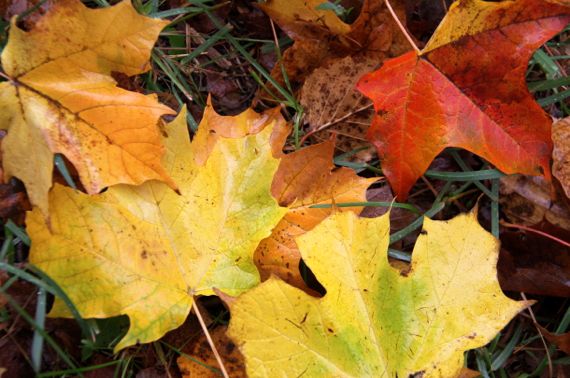
Rain. Spitty rain. Mist. Just wet out. Today’s been variable.
Recent winds have brought down many leaves, but plenty are still on the branches.
These leaves came from a maple my uncle planted several decades ago. It has an unusual upright shape for a maple. The Botanist once told me that nursery-folk have a special term for these types of trees, which are especially useful in many urban settings. Of course, I cannot remember the term. Maybe it was fastigate. Maybe columnar. Maybe something else I couldn’t turn up in a quick Google-searching adventure.
Thursday, 18 July 2013

Learned a new word from PCT hiker and lovely writer Carrot for a wonderful concept to have a word for…the word is petrichor, meaning the scent that follows a rainfall. Apparently, it’s not just the moisture we smell, but other complex scents from the soil and plants, caused/triggered by the moisture.
Anyway, rain in the afternoon and evening. But we’ve had so much that I didn’t get much of a hit of petrichor.
The “ichor” part of petrichor is the Greek word for the special fluid that is the blood of the deities.
Note: make a donation to Wikipedia, if you haven’t recently, and acknowledge how often you use it….
Tuesday, 2 July 2013

I confess I am (almost) convinced that Michigan means land of people who mow lots of grass. We may match that pattern this evening.
UPDATE: Kindly, kindly neighbor knocked back the worst of it around the door (and more) prior to our arrival; so sweet.